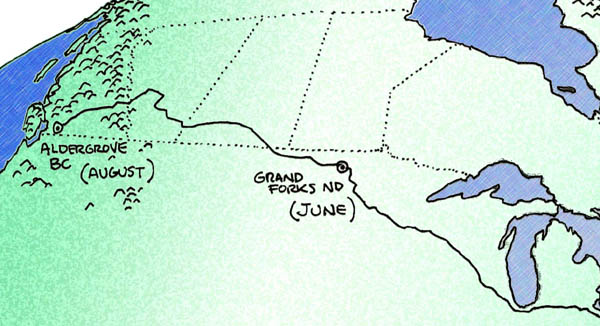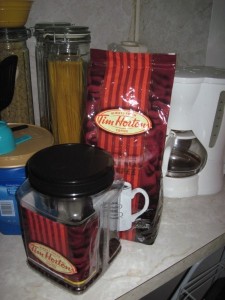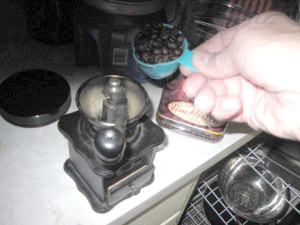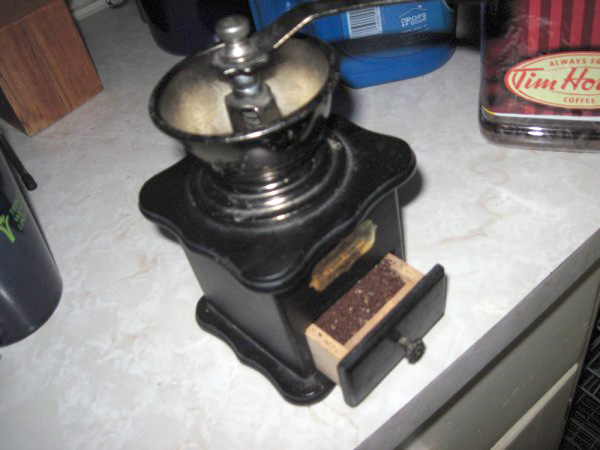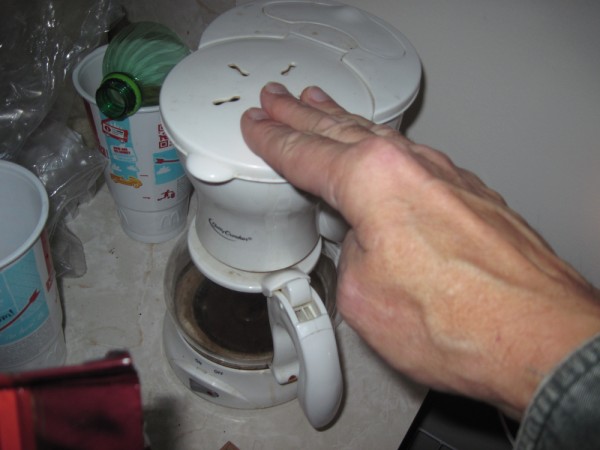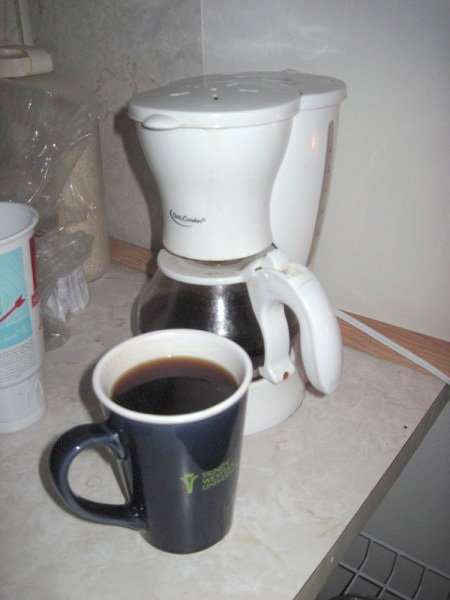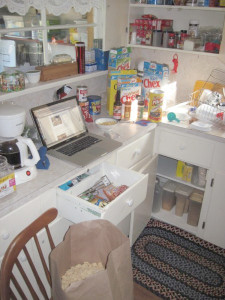Our dear partners,
Thank you for your prayers for us during the past few hectic months of work on Naskapi language projects and our service to others as part of our Wycliffe assignment. During the first four months of 2013, we were working mainly in northeast Canada at our home in Schefferville near the Naskapi community of Kawawachikamach (Kawawa). Norma Jean has served the past few years in the Naskapi school in the Naskapi language curriculum department, in support of teachers who teach in the Naskapi language in elementary school. The curriculum department is responsible for providing the Naskapi language materials that are used to help Naskapi children learn to read and write their own language.
Over in Labrador on the coast about 240 miles east of Kawawa is the Mushuau Innu community of Natuashish, close relatives of the Naskapi. We were invited to conduct training workshops there and at the other Labrador Innu community of Sheshatshiu for Innu-speaking classroom assistants, and to help them to begin setting up their own curriculum department at their schools there in March. Norma Jean conducted education and material production classes, while Bill provided computer training and also began to explore adapting the Naskapi scriptures to the Mushuau Innu language by audio.
Naskapi Language Specialists
The first few months of the year had Bill also very busy with a remarkable opportunity to recruit and train four new Naskapi language specialists to work full-time in the Naskapi community on translation and other language development work. 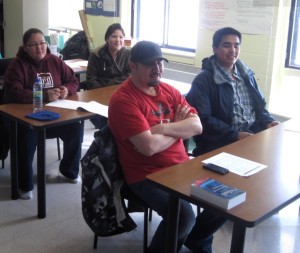 The four that were selected and hired by the Naskapi Development Corporation were Amanda, Kissandra, Kabimbetas and Jimmy. These four were trained in using computers to do Naskapi translation work, and in daily reading and writing practice, with a view to working more and more independently on translation projects of their own. Also, in April Bill taught another section of the McGill University teacher-training class, a dozen Naskapi adults who are working towards their Bachelors of Education (B.Ed) in order to teach and/or prepare Naskapi materials at the Naskapi school. This four-year program started in 2010 includes undergraduate-level university courses provided for the most part right in the community. Bill has been teaching adult literacy principles (reading and writing in Naskapi) along with Naskapi grammar to enhance their reading success. The four Naskapi language specialists-in-training also joined the McGill students since what they needed to learn was pretty much the same thing that Bill was teaching there.
The four that were selected and hired by the Naskapi Development Corporation were Amanda, Kissandra, Kabimbetas and Jimmy. These four were trained in using computers to do Naskapi translation work, and in daily reading and writing practice, with a view to working more and more independently on translation projects of their own. Also, in April Bill taught another section of the McGill University teacher-training class, a dozen Naskapi adults who are working towards their Bachelors of Education (B.Ed) in order to teach and/or prepare Naskapi materials at the Naskapi school. This four-year program started in 2010 includes undergraduate-level university courses provided for the most part right in the community. Bill has been teaching adult literacy principles (reading and writing in Naskapi) along with Naskapi grammar to enhance their reading success. The four Naskapi language specialists-in-training also joined the McGill students since what they needed to learn was pretty much the same thing that Bill was teaching there.
Professional Development and Academics
Since beginning to work with Wycliffe we have always been strongly encouraged to keep our education and linguistics skills current, but that was not always easy to do, with the full-time work on the language project and raising a family. But since the publication of the Naskapi New Testament in 2007, our Wycliffe administration has urged us to follow through by working towards advanced degrees in our fields of service. So, back in 2009, we enrolled in studies at the Summer Institute of Linguistics (SIL) at the University of North Dakota (UND).

English: Merrifield Hall on the campus of the University of North Dakota in Grand Forks, North Dakota, USA. (Photo credit: Wikipedia)
Bill began his studies towards a Master of Arts (MA) in linguistics, and Norma Jean took the “Mega-Literacy” courses there that summer. This was also the summer that we moved back to the Naskapi community to focus on Naskapi literacy training and Old Testament translation. For the next five summers, we would return to the University of North Dakota SIL where Bill continued his graduate-level course-work in linguistics. We decided that it would be best for everyone if only one of us were enrolled in graduate school at a time, so Norma Jean served as director for childcare services at SIL for the past four summers, rather than course-work. Bill completed his MA course-work and successfully defended his thesis this summer in North Dakota, and graduated with his MA in linguistics from UND on August 2. The title of his thesis is “Grammar Enhanced Biliteracy: Naskapi Language Structures for Facilitating Reading in Naskapi”, which researches how teaching Naskapi grammar might assist those who are learning to read in Naskapi.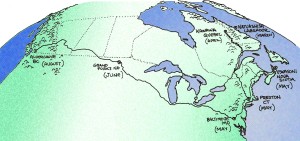
As already mentioned above, Norma Jean’s expertise and service to the language communities focuses on the area of education and curriculum, and, like Bill, wants her academic studies to contribute to her service in a significant way. She found course-work that focuses on multi-lingual education theory and practice in the MA-TESOL program that is offered by Trinity Western University, in Langley, British Columbia. She applied for and was accepted into this program, which is a 12-month, full-time course beginning in September of 2013. Besides the course-work, she will also be doing practical projects and internships, which may include periods of service in the Naskapi or Innu communities to apply the principles she will be learning.
While TESOL generally refers to “Teaching English to Speakers of Other Languages”, Norma Jean’s focus will actually include methods of teaching literacy skills in the mother-tongue; such as teaching Naskapi speakers to read and write Naskapi better, or teaching Innu speakers to read and write Innu better, which will also result in their overall success in their language skills in other languages. The educational principles and strategies for these goals are similar, and can be applied to our ongoing language development work in these and other minority-languages.
…to be continued tomorrow (on page 2)

